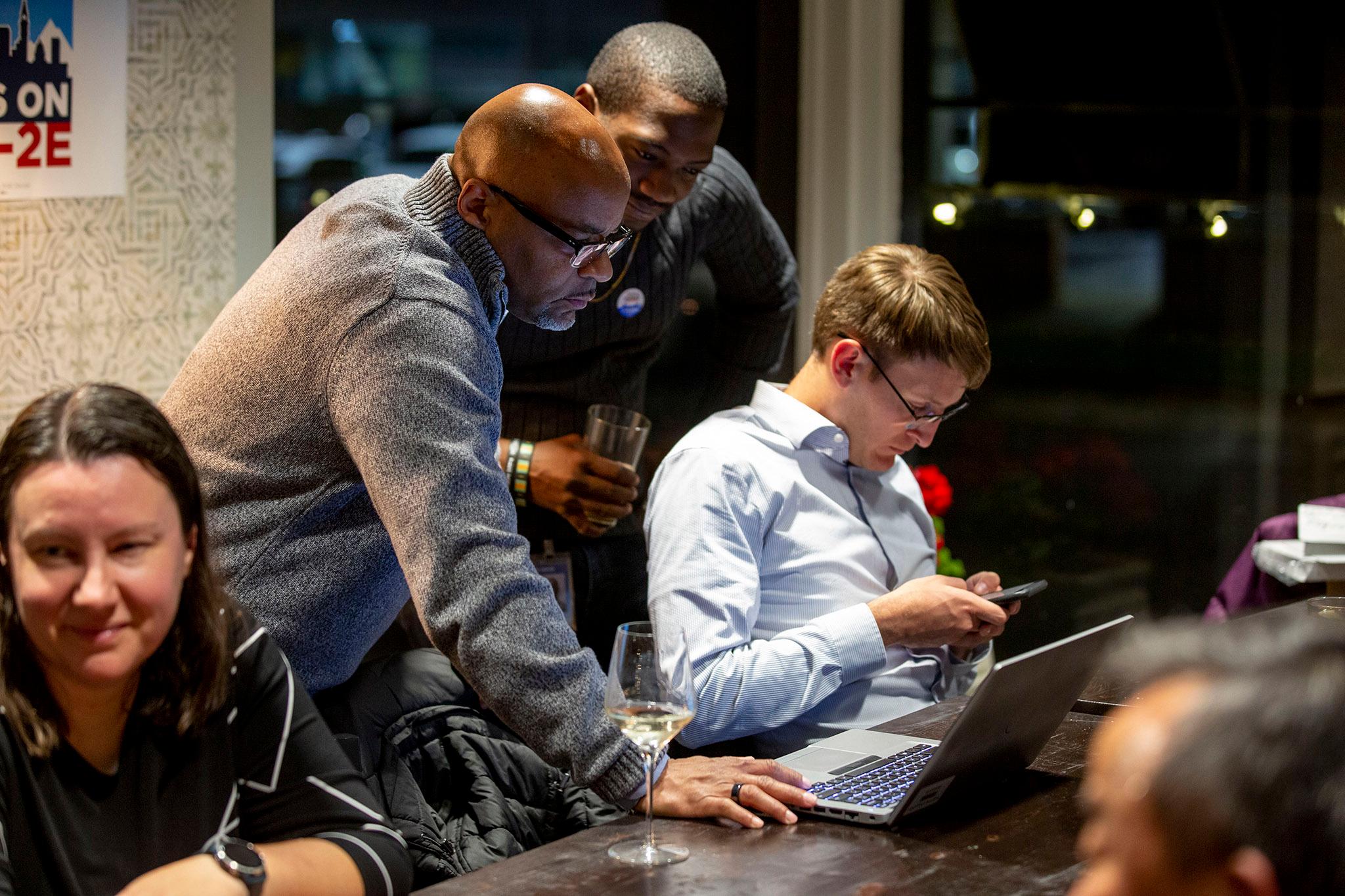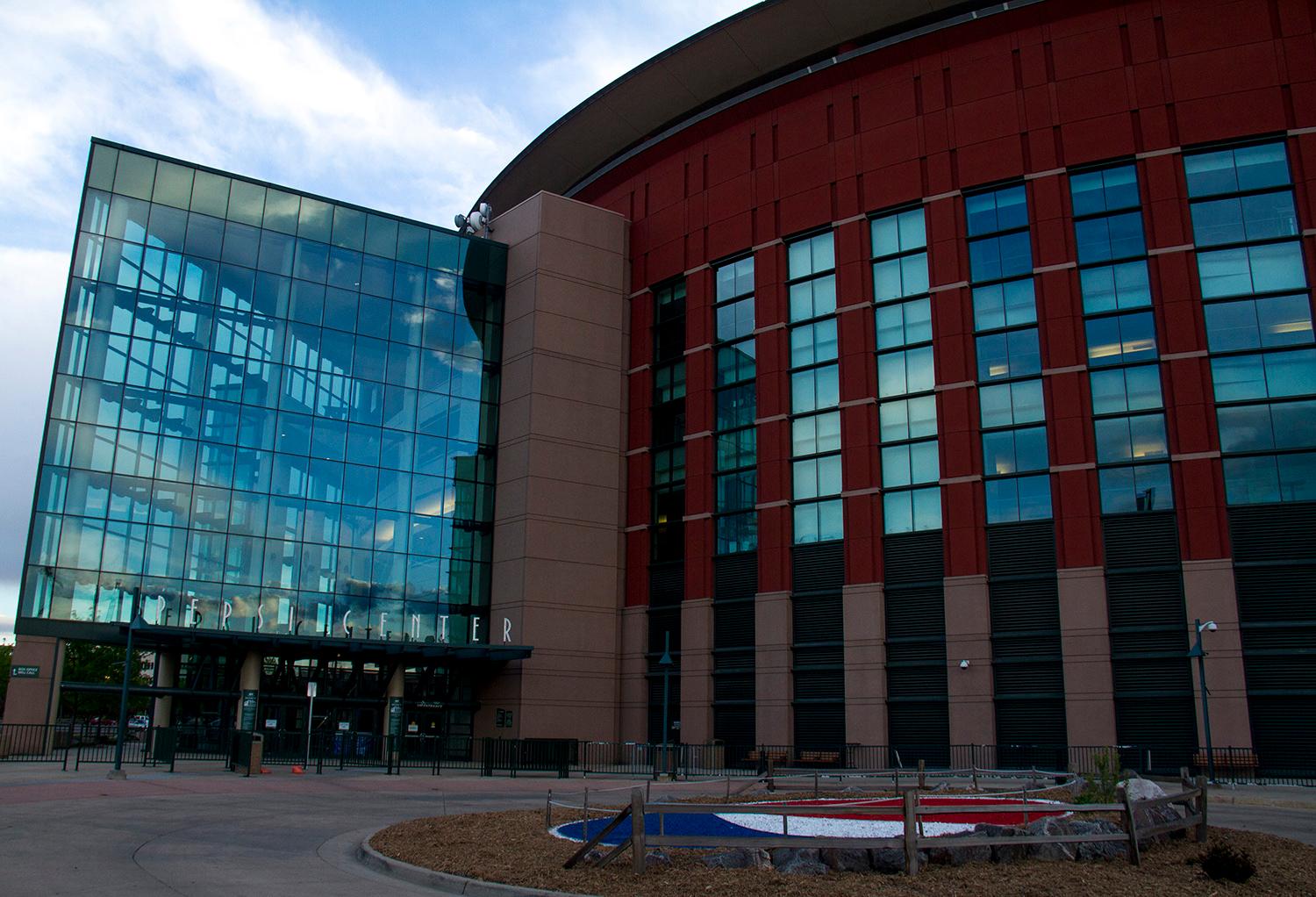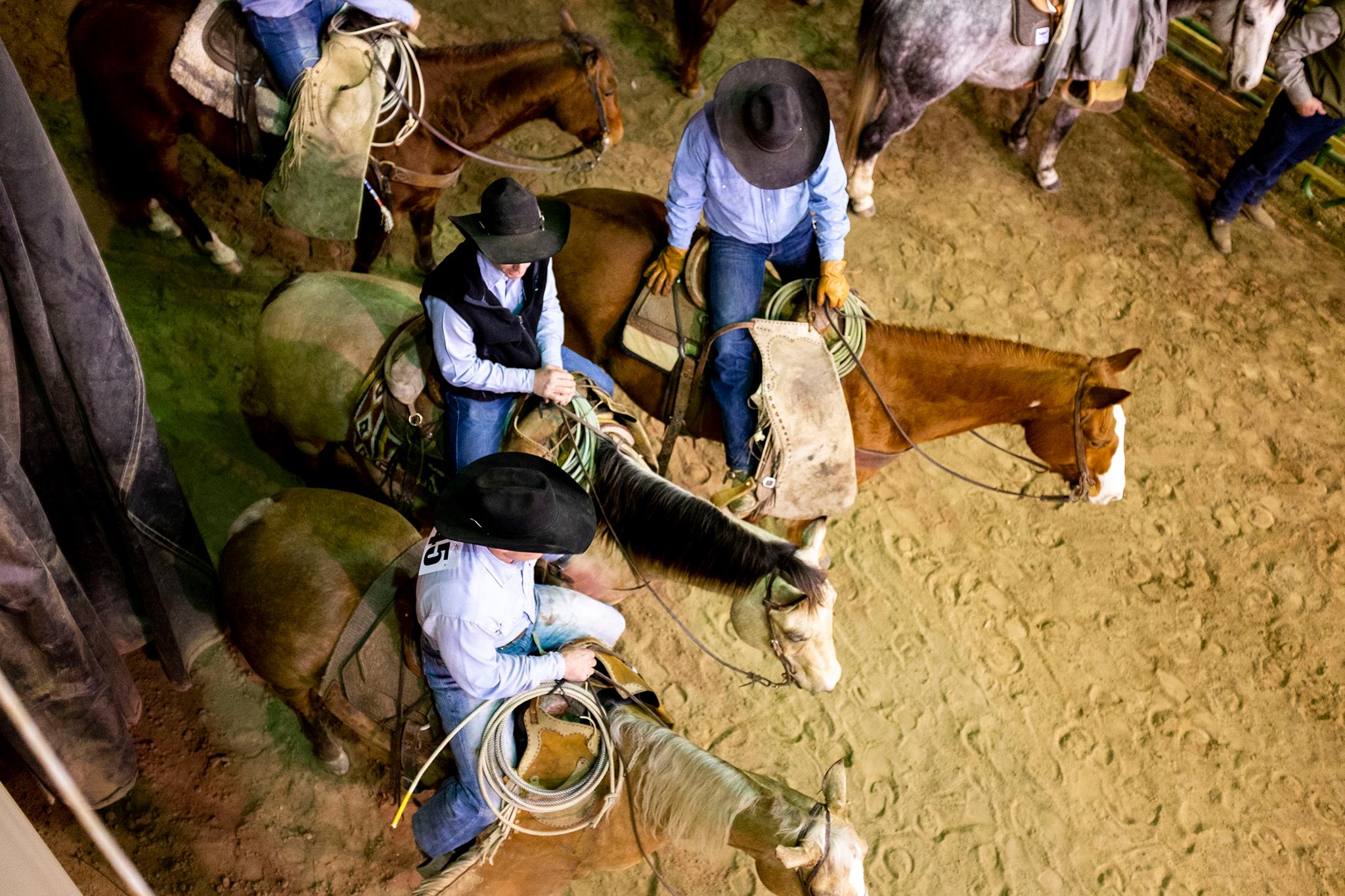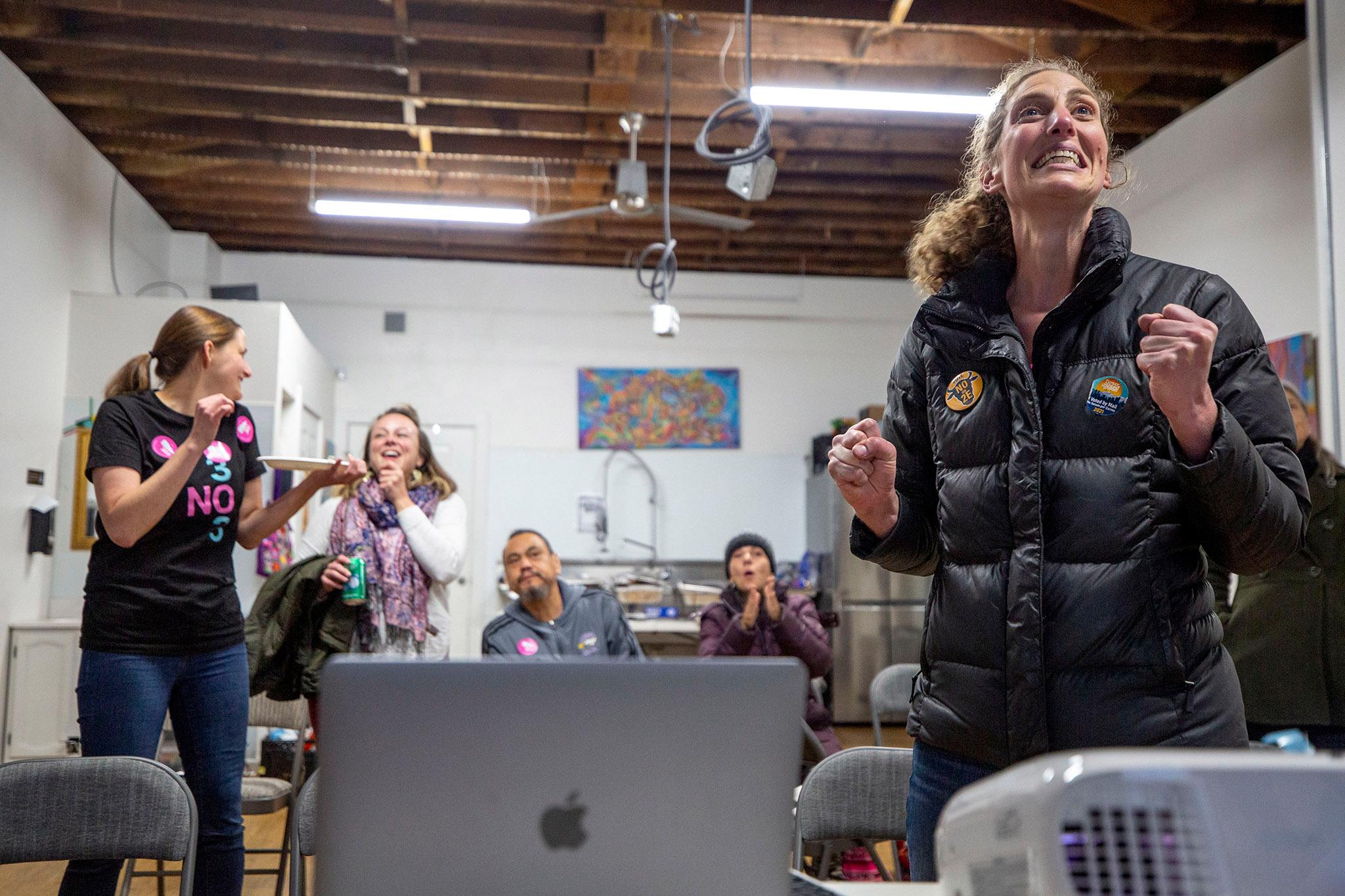As the results started trickling in Tuesday night, election night in Denver, one ballot measure's numbers weren't looking good to Mayor Michael Hancock and his supporters.
It started to look like, for just the second time since 1982, Denver voters were going to reject issuing municipal bonds to pay for a city project the mayor had personally supported.
Early returns showed voters rejecting Referred Question 2E, which would have allowed the city to borrow $190 million in municipal bonds to build a new arena at the National Western Center in Elyria-Swansea and make renovations to another building on the site. It was one of five measures comprising a $450 million bond package dubbed RISE Denver
"It could have been a great night," Hancock said during a watch party Tuesday in the Speer neighborhood. "We didn't get 2E done, but we heard the people. We always will respect their decision."
Across town, in the neighborhood where the arena was supposed to go up, Sarah Lake and her supporters, who fought 2E, rejoiced. It was early, but as Hancock sensed defeat, this group started claiming victory. Local activist Poncho Espino, who opposed 2E and grew up in Elyria Swansea, was there as well.
"I don't think a whole lot of people were optimistic. I was silently very sure," Espino said.

The grassroots political committee Lake led had been outspent by thousands of dollars by groups that sought to pass the measure and had gotten money from big names. Lake had never worked on a political campaign before, let alone lead one, only doing some advocacy group.
But in this case, more money did not equal more votes. Results released Wednesday showed voters rejecting the measure 58% to 42%.
Espino said the results are telling. The four other measures in the bond package passed by slightly higher margins. To him, voters who opposed 2E just didn't see a larger benefit from building a new, 10,000-seat arena. They may not have been aware of the larger conversation over why people in the surrounding Elyria-Swansea area were so passionately against the project, and about their ultimate goal, to get land back into the hands of residents.
Espino called 2E tone-deaf to the real priorities of Denverites. For example, a bond measure that did pass, Referred Question 2A, asked voters for, among other things, money to build two new libraries and renovate existing buildings, like a theater on the Loretto Heights campus. Other bond measures fund things like housing, shelters for the unhoused and transportation projects. Espino said those projects benefit people across the socioeconomic spectrum.
"To fund an arena, maybe go once a year?" Espino said. "Really, that benefits National Western."
It would not have been unprecedented for voters to allow Denver to borrow money to build an arena.
You would have to just go way back to find an example.
In 1972, the Denver City Council voted to put a $80 million bond package before voters on the primary ballot that year. That bond package included $10 million for a new sports arena. It passed, and the sports complex opened in 1975 as McNichols Arena, named after Mayor Bill McNichols. It would host the Avs, the Nuggets, and on a Saturday in 1993, Pope John Paul II.
Ball Arena, which replaced McNichols Arena, is privately owned, though the city did kick in money back in the 1990s to help with some improvements around it, according to the Associated Press. Ball Arena, formerly the Pepsi Center, opened in 1999 with a sold-out concert by Celine Dion.

Lake, who doesn't live in Elyria-Swansea but has volunteered with the GES Coalition, a group that advocates for the neighborhood, said the anti-arena political committee she served as campaign manager for had gotten a pretty good sense of where most voters stood before Tuesday. Members had reached out to at least 50,000 voters across the political spectrum through mass text messages, asking for their opinions, and she said the results suggested the final results would be close.
She does believe the campaign -- which raised less than $800 during its last reporting period -- made a difference. She called the arena a "vanity" project.
"I think voters were able to see that there wasn't a lot in it for them, and there wasn't a lot for their neighbors or other Denver residents," Lake said.
National Western Stock Show President and CEO Paul Andrews called the results for 2E disappointing.
Andrews said he fully respected the decision voters made. He said the organization will talk to the city about other options for completing the arena, which was billed as the centerpiece for the revamped, 250-acre National Western Center campus. The organization is gearing up for its show in January, after taking a pause this year during the pandemic.
"We look forward to welcoming...everyone who voted yes and no," Andrews said.

Later on Tuesday night, Hancock's office issued statements from the mayor on all the measures he had personally backed. He finished 7-1 on those measures. He started his statement diplomatically, thanking people for carrying out their civic duty. Turnout was lagging behind past off-year elections, though those figures were still preliminary.
"I want to thank everyone who returned their ballot and made their voice heard in this election," Hancock said. "You played a critical role in determining the direction of our city for years to come."
What will that direction be? Hancock won't be in the picture, at least as mayor, since his term is up in two years. Espino said he'd like to see the National Western campus fully integrate into the local community, instead of it just being the property of the city and its partners, so it feels like a place for the people who live there. Espino said he and other GES Coalition members want to get back to work.
"As a community, we don't want to be in opposition of things," Espino said. "We are trying to build something."
Denverite reporter and photojournalist Kevin J. Beaty contributed to this report.













